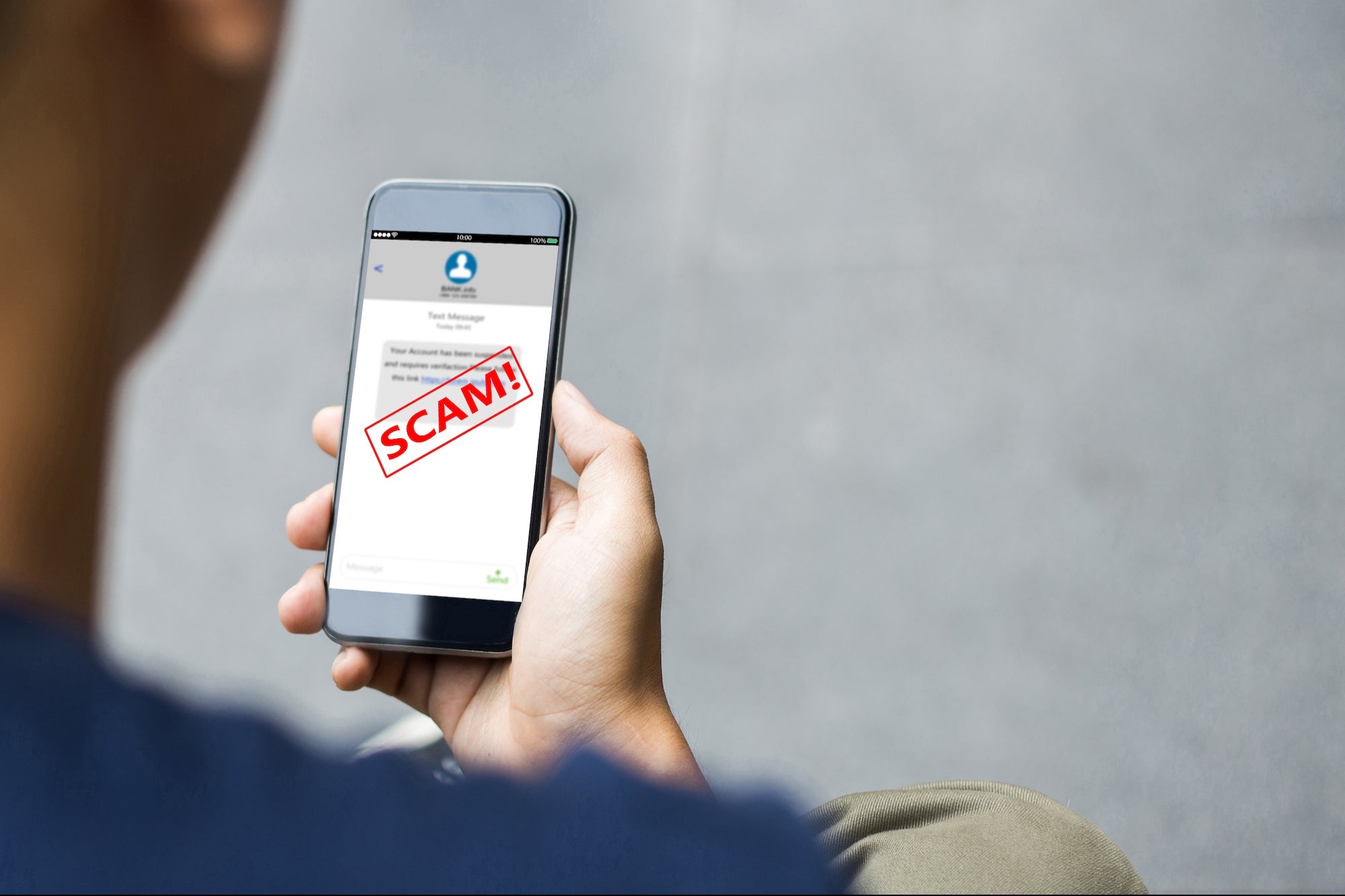How You Can Execute Self-Discipline As You Work On Your Purpose, Project, Or Business We never will make a meaningful impact or connection, unless we first give people what they want, and then educate them about what they need.
By Mark Sephton
Opinions expressed by Entrepreneur contributors are their own.
You're reading Entrepreneur Middle East, an international franchise of Entrepreneur Media.

In most cases, people want their words and actions to benefit others- whether that other is a friend, family member, customer, or, in this case, reader. Despite this desire, individuals (and individuals within businesses) still make the foundational mistake of thinking their product, service, or message is all about them. From this line of thinking, we can begin to see that we never will make a meaningful impact or connection, unless we first give people what they want, and then educate them about what they need.
It is always a great privilege to share any message, whether that be on social media or in front of a live crowd. No matter the medium, we must share with wisdom, and with the intent to impart something useful. Write with purpose, speak with purpose, and engage with purpose.
The word "inspire" etymologically means to "blow into" or "breathe upon." When someone says, "You inspire me," what they actually are saying is that you breathe life into them. That's powerful! But, it also means we have a huge responsibility to put things out into the world that are serving it, or, at the very least, educating it to be better, whether in deed or in action.
So, regarding our case study of this article, I decided to ask my community what they were struggling with, and what they would like to read. That's the simple mandate of any good business- give your customer what they want.
I got a lot of great responses (that will likely become the fruit of future articles), but I choose to take a deeper dive into one particular question posed by Angelika Duch this time out. Angelika assists women in search of their purpose, and she wanted to know: "How do we execute self-discipline and self-commitment when working on our purpose, project, and business?" Here's my response.
Greatness demands sacrifice
The problem often isn't where we want to go in life. The problem typically is what we are willing to give up in order to get there. As with most things of value, getting where you want to be will cost you something. In order to stay committed, you have to make a conscious decision to be all in, or you won't stay the course. Sacrifice looks different to each of us. It can be simple or quite complex. No matter the level of complexity, the battle will be won during the small, seemingly unimportant decisions- this is always true on the road to achieving greatness. For example, deciding whether to go out on the weekend, or stay home and work on your vision. The choice is always yours. If we want to execute self-discipline, we must decide what we are willing to give up, because greatness always demands something of you.
The solution has to be bigger than the problem
When we start any project (personal or business), we need to realize what we bring to the table is of benefit, and is needed by the marketplace. You often can determine how quickly a business will scale by how many people are affected by the problem, and how they will benefit from your solution. Uber works because we all need transportation from one place to another. If you want to stay disciplined around achieving your dream, and how it will ease people's pain points, your vision has to grow so big that the desire to stop, quit, or relax doesn't even enter your mind. Your life and business is way bigger than just you. If the need for your solution exists, and that solution can make a difference in a struggling world, that will keep you going in moments of doubt, struggle, and apathy.
Take time out
I know stopping initially seems counterproductive, and like a contradiction from my first point about sacrifice- but bear with me. Taking time out isn't necessarily about a long period of time. Taking time out can be as simple as allowing yourself a 20-minute break. I find that a walk outside, tuning into a podcast, lifting some weights, listening to classical music, taking time to breathe, and just do something that doesn't feel like work gives me the shift in energy I need to plug back into my purpose afterward. Most importantly, when I come back from my time out, I am much more focused and switched on to the task at hand. I do not work 24/7, and neither should you. Instead, I recommend working with focus, and playing with abandonment. Time out actually keeps you in the game.
Create boundaries
My final point is simple, but people often find it the most difficult to do. It is imperative to create boundaries that you respect, and ensure others respect them too. We live in a world full of noise and distraction. If you are going to finish strong, if you are going to bring your idea, product, or service to market, you have to protect it. That means you have to prioritize, and be intentional with the time you are investing into your mission. I schedule time to write just like I do a meeting. I schedule time to spend with my kids. I know scheduling in this way can seem a chore. Maybe you don't like to live like this, but unless you make a commitment, and give it a specific time to occur, you'll go through life as if on a roller coaster. Life will just happen, and your loved ones end up missing out.
If you want to execute selfdiscipline, you must take into account each of these points. They will defend you and strengthen you in your purpose, project, and business.
Related: Eight Ways Entrepreneurs Can Master Negative Internal Dialogue













